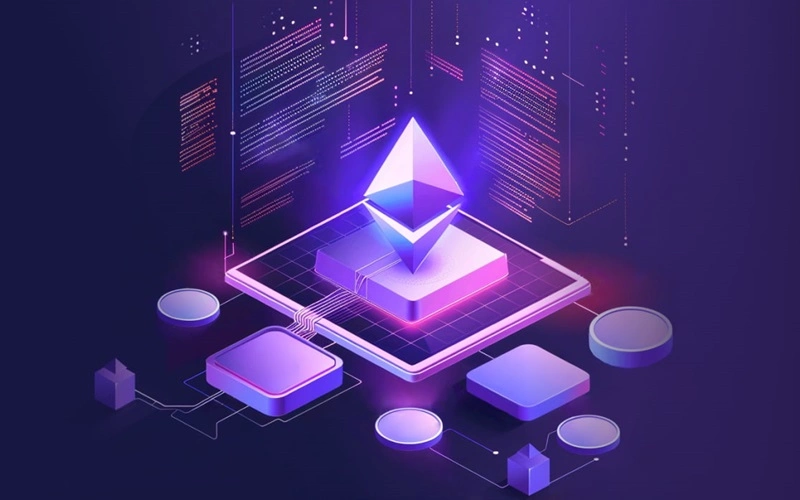
Account Abstraction (AA) is a fundamental change to the Ethereum protocol that simplifies and enhances how users interact with their wallets. It aims to make blockchain wallets feel and function more like traditional web accounts by separating the concepts of a key and an account.
How It Works
Traditionally, Ethereum has two types of accounts:
- Externally Owned Accounts (EOAs): These are the standard user accounts controlled by a single private key. Transactions from EOAs must be signed by this private key, and the account’s address is derived from it.
- Contract Accounts (CAs): These are smart contracts deployed on the blockchain. They have no private key and can only execute transactions when triggered by an EOA or another contract.
Account Abstraction blurs this distinction. It proposes making all accounts on Ethereum “contract accounts,” giving every user wallet the power and flexibility of a smart contract. This is primarily achieved through EIP-4337, the main standard for AA on Ethereum.
- The Problem EIP-4337 Solves: The main challenge with smart contract wallets is that they cannot initiate transactions on their own—they need an EOA to “trigger” them. EIP-4337 introduces a separate mempool for “UserOperations” which are pseudo-transactions. Instead of being broadcast directly to the standard transaction mempool, they are sent to this new mempool.
- Bundlers: These are specialized actors (similar to miners or validators) that package multiple UserOperations from the new mempool into a single transaction and submit it to the blockchain. This single transaction is then executed by a special smart contract called the EntryPoint.
- Paymasters: This is another key concept enabled by EIP-4337. A Paymaster is a smart contract that can sponsor transactions. This means users don’t have to hold ETH to pay for gas. A Paymaster can pay the gas fees on their behalf, allowing for a number of user-friendly features.
Key Features and Benefits
Account Abstraction introduces a host of benefits that make crypto wallets more accessible and secure.
- Social Recovery: Users can designate trusted friends or family members to help them regain access to their wallet if they lose their device or key. This replaces the need for a single, easily lost seed phrase.
- Gas Fee Abstraction: Users can pay for transaction fees with any token, not just ETH. This is a game-changer for user experience, as it removes the friction of needing to acquire and manage ETH just to use a decentralized application (dApp).
- Batch Transactions: Multiple actions can be bundled into a single transaction. For example, a user could approve a token and swap it in one click, simplifying a two-step process.
- Customizable Security: Wallets can implement advanced security policies, such as setting daily transaction limits or requiring multi-factor authentication for large transfers.
- Session Keys: Users can create temporary keys with limited permissions for specific tasks (e.g., a gaming key that can only sign transactions within a particular game). This prevents a user’s main wallet from being exposed to unnecessary risk.
The Future of Wallets
Account Abstraction is widely considered a crucial step toward mainstream crypto adoption. It moves the user experience away from the complexities of private keys and seed phrases and toward a more familiar, app-like environment. Wallet providers are already building and implementing AA features, with the goal of creating self-custodial wallets that feel as simple and secure as traditional online accounts.



